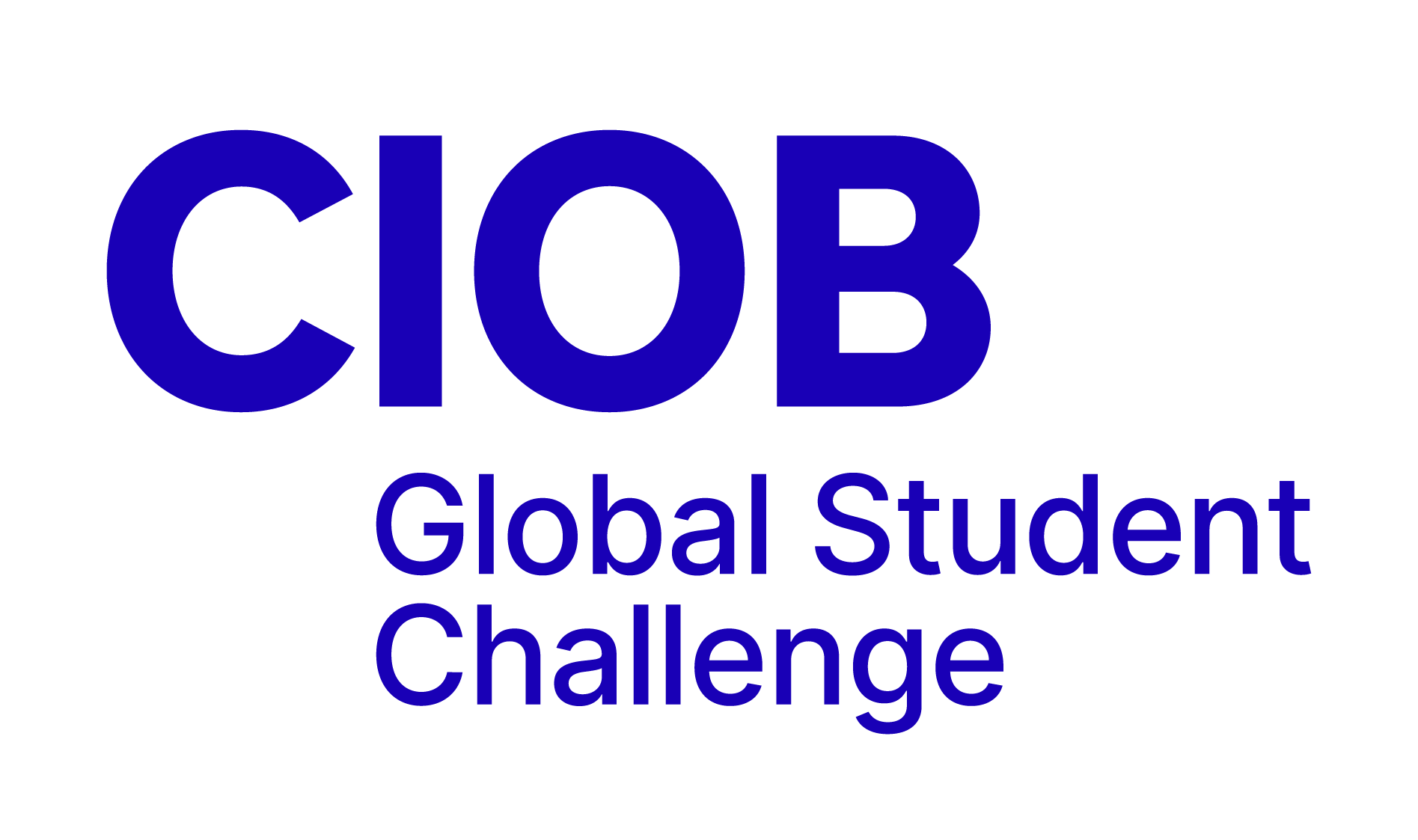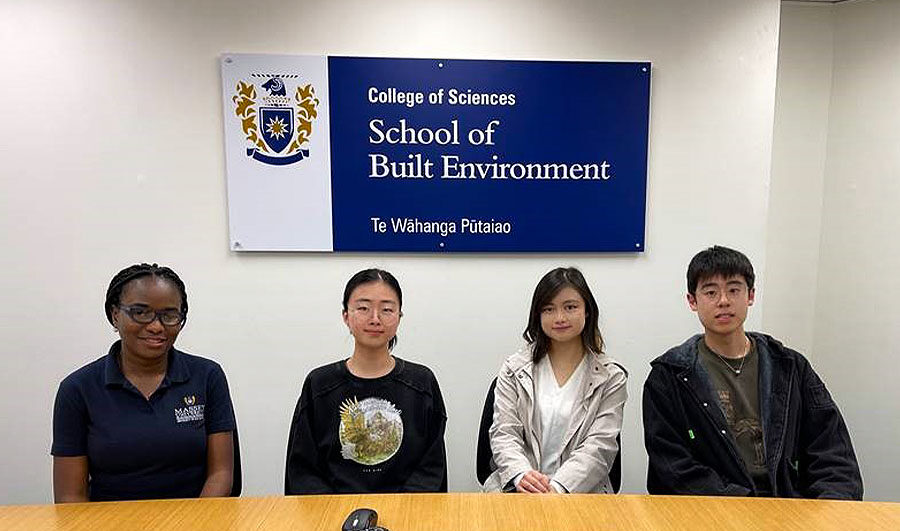Encouraging young people to consider a career in construction is an industry-wide effort, with trade bodies and companies seeking ways to attract the brightest and the best.
For many of those who have decided to work in the sector, years of study await. However, important as studies are, being able to experience the realities of working in the sector and what it might be like to actually run a construction business are extremely useful exercises.
Real-life Scenarios
With this in mind, the UK-based Chartered Institute of Building (CIOB) created the Global Student Challenge (GSC), a competition open to those studying around the world who want to apply what they have learned in their lecture theatre to real-life scenarios.
Now in its eighth year, the competition uses an online game called MERIT, which simulates managing a construction company.
Teams comprising four students are tasked with managing their own virtual construction company, assigning roles ranging from financial manager, construction manager and estimating manager, with each team member having their own responsibilities during the game.
Receiving data and graphs in a series of rounds, teams must analyse the trading performance of their “company,” including client information, contract value, company financials, share price, investments, turnover, profit, value, overheads, staffing levels, capacity and training costs.
On the basis of this data, crucial decisions have to be made and submitted to the CIOB’s expert judging panel for its assessment.
Bluebeam Support
Bluebeam strongly believes in helping the next generation of construction professionals to acquire the skills and experience necessary when entering the industry. Bluebeam’s academic team provides students and universities with free licenses to support them in their studies.
In addition, Bluebeam extends free licenses to all of the teams participating in the CIOB global student challenge to help them with their projects.
With the winners of the 2022 GSC about to be revealed, Built talked to a team of students from Massey University in New Zealand, “Team Wonder,” who were victors in last year’s competition, to hear about the process, what lessons they learned from the competition and what winning meant to them.
Built: Congratulations for being last year’s winners—could you briefly explain the appeal in entering this competition?
Team Wonder: This competition was a great learning opportunity to explore decision-making skills at a company’s management level. It provided a platform for us to exchange ideas with other participants.
Built: How did the team work together to complete a successful project?
Team Wonder: Communication was the key factor in the team being able to deliver a successful project.
For every decision each member of the team made, it was explained to the rest of the team the intention of the action and how it will affect the company’s value.
Built: How much time did the team dedicate for the assignment?
Team Wonder: We dedicated approximately 20 hours a week.
Built: What were the biggest learnings/takeaways from participating in the GSC?
Team Wonder: To work as an effective team, collectively making decisions and executing them.
Built: How did your participation in the GSC help you gain an insight into what working in the construction industry would be like?
Team Wonder: Taking part in the GSC offered us useful insight into the competitive nature of the construction industry. We were able to appreciate the importance of sufficient company overhead.
Built: What skills did you adopt that you believe will be useful when working in the industry?
Team Wonder: To think about the big picture of how a company should operate and work as a whole team.
Built: How did the team use their free license of Revu? What are their favourite features?
Team Wonder: Revu enabled us to quickly measure the building elements. Our favourite feature was the prompt measuring feature, which allowed us to scale and measure the building elements without setting up the whole project. The software was also easy to use.
Built: What in your view were the top three Revu features you used on your project last year?
Team Wonder:
- Easy to use
- Great functionality
- Compatible with the operating system

